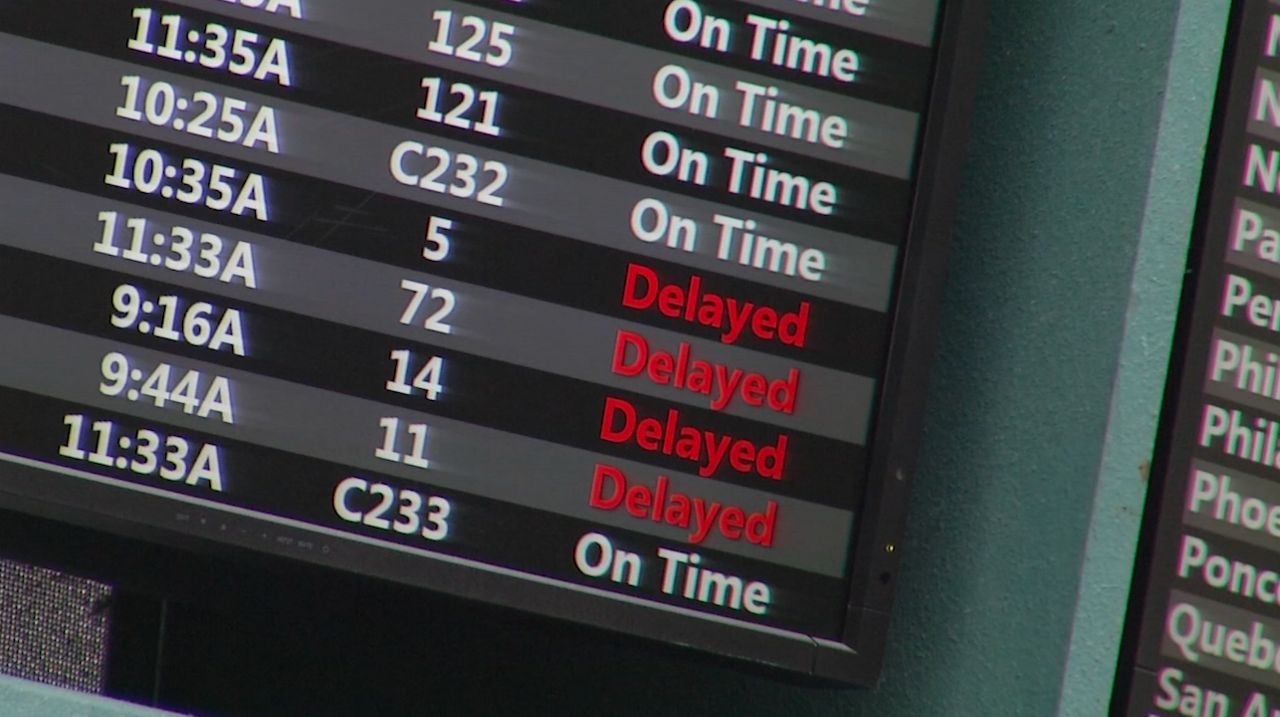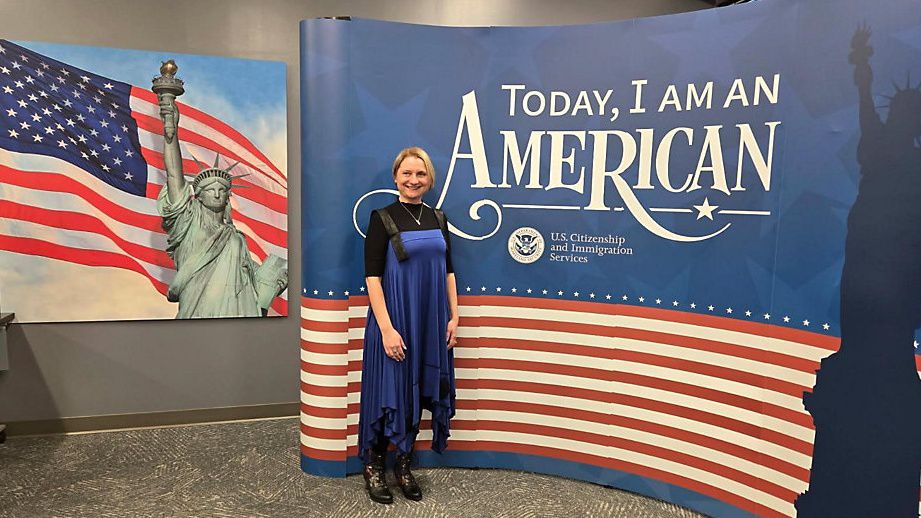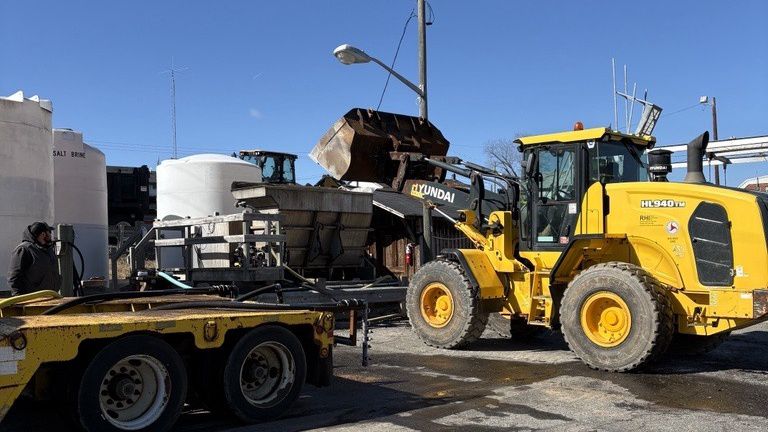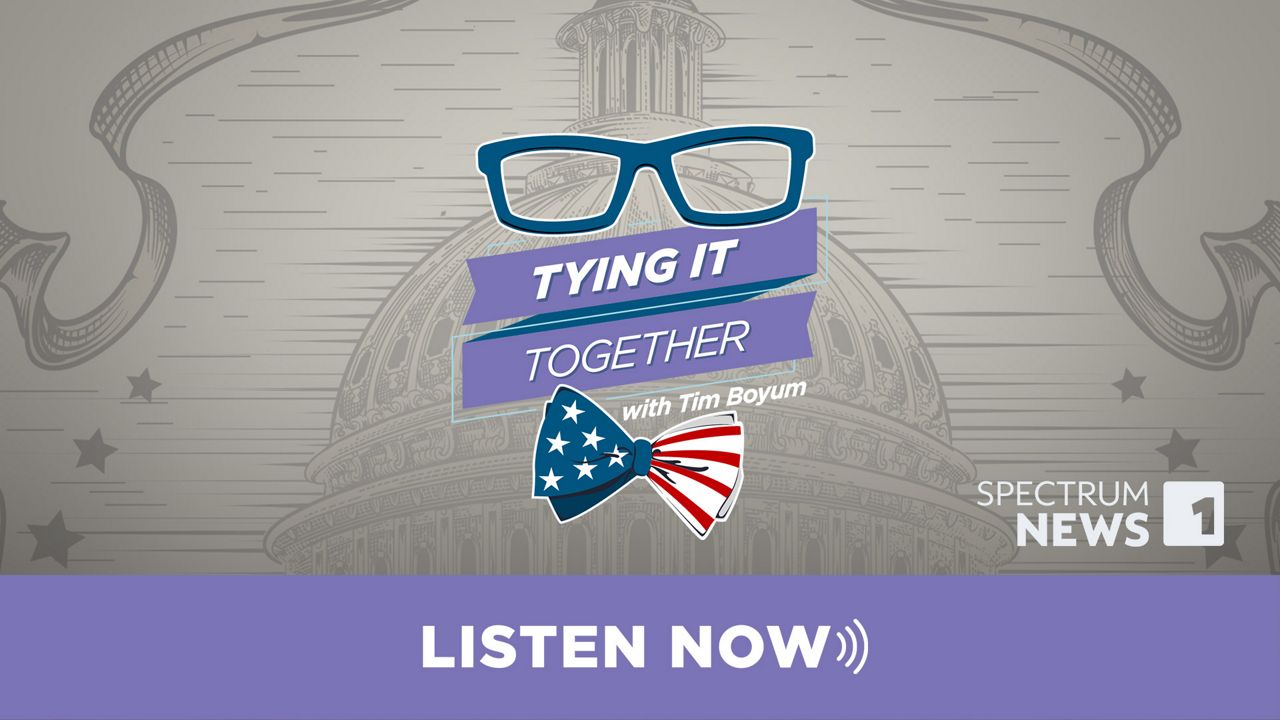RALEIGH, N.C. — North Carolina’s Department of Health and Human Services Secretary Kody Kinsley is urging the FDA to ease its restrictions on gay and bisexual men donating blood.
The current federal policy dates back to 1983, the beginning of the U.S. HIV epidemic. It says that a man who has sex with another man has to wait 90 days after sexual contact before he can give blood.
Kinsley and health officials from eight states wrote to the FDA, saying that the current law is outdated and unnecessary. He wants to see an end to the 90-day deferral policy, which he says is discriminatory toward an entire group of people. He says the blood supply is so much safer than when the policy was put into place because of incredible advancements in testing.
De’Shea Coney, 27, hasn’t donated blood in 10 years. The last time was when he was a junior in high school. As a gay man, he had to wait 90 days from his last sexual encounter to give blood at the Blood Connection.
After checking in, he enters a private room for a health screening and health questionnaire, which is guided by the FDA. When he emerges, he discovers he won’t be able to give blood on this day. He doesn’t meet the eligibility requirements because he takes a daily medication to prevent getting HIV called PrEP.
“I think what surprised me about that is that a big part of my job is actually trying to get people on PrEP, promoting PrEP,” Coney said. “Because we want people to have protection against HIV, whether you’re in the LGBT community or out of the LGBT community because HIV affects everyone.”
Coney is an advocate with the NC AIDS Action Network, a nonprofit organization that promotes public health changes. The FDA requires that all blood donations undergo nucleic acid testing for HIV before they’re entered into donation pools.
“My chances of giving HIV to someone through blood donation is pretty much not there because I’m on PrEP,” Coney said.“My chances of giving HIV to someone through blood donation is pretty much not there because I’m on PrEP,” Coney said. “But PrEP is the main thing that stopped me from donating blood. So it’s like, I thought it was HIV. But it’s not HIV. It doesn’t seem to be PrEP. It just seems to be the fact that I’m a gay man who may be sexually active.”
The phlebotomist tells him he needs to wait three months for PrEP to work its way out of his system before he can donate. Coney says he wants to give back, but at what cost?
“I’m not willing to take that risk to not take PrEP because I don’t know I like keeping myself protected from HIV,” Coney said. “And it’s part of my job as an advocate for prevention in HIV treatment to promote the health of others.”
Coney says today was a learning experience for him. Now, he says, he can tell other people in the community that if they ever hop on PrEP, they won’t be able to donate blood at the same time.
Meanwhile, other countries such as Spain, Italy, England and Israel have led the way and updated their blood donation policies. Kinsley wants the United States to catch up to the times.
Spectrum News 1 reached out to Kinsley’s office for an update. They say they have not heard back from the FDA at this time.









